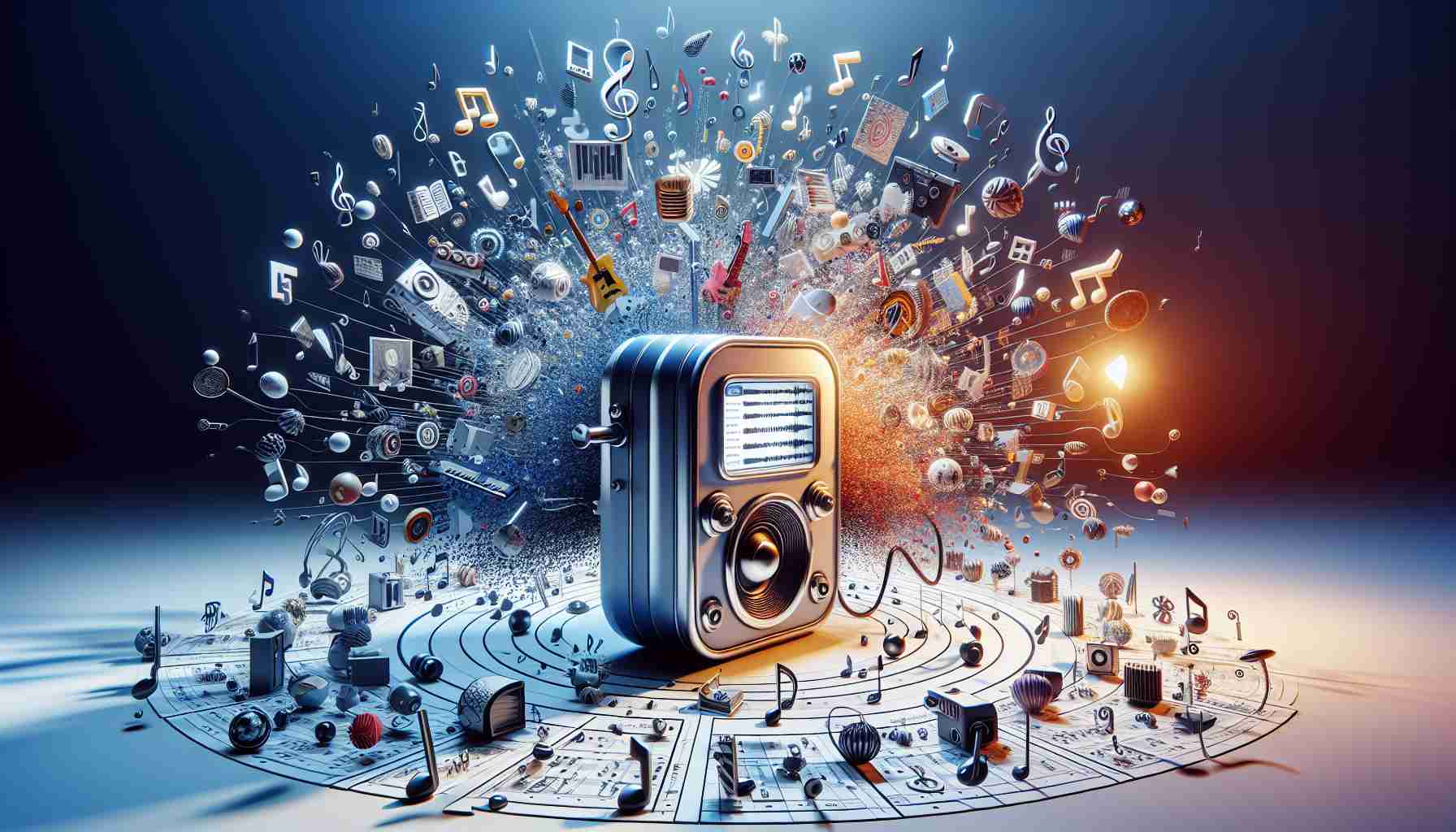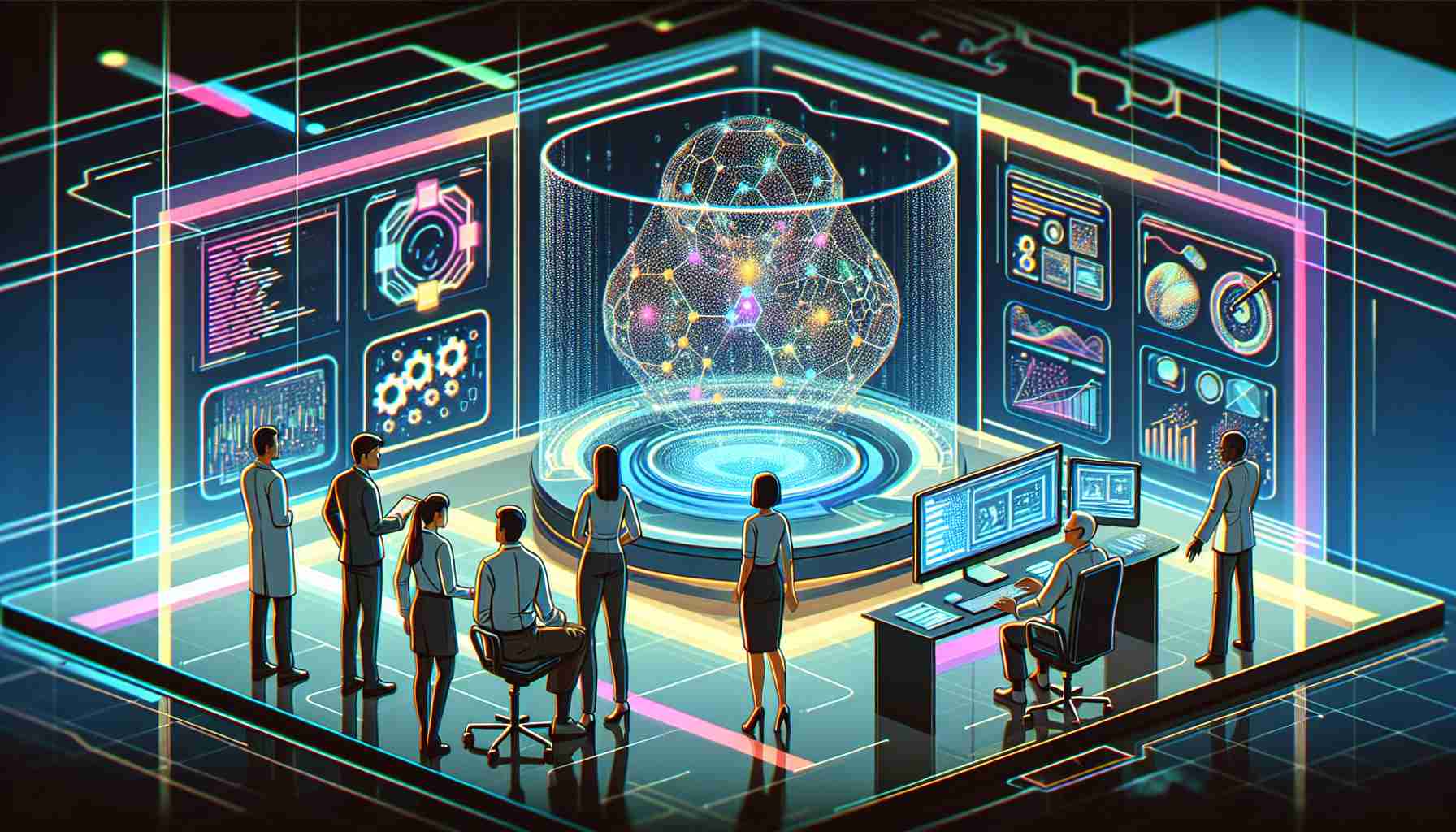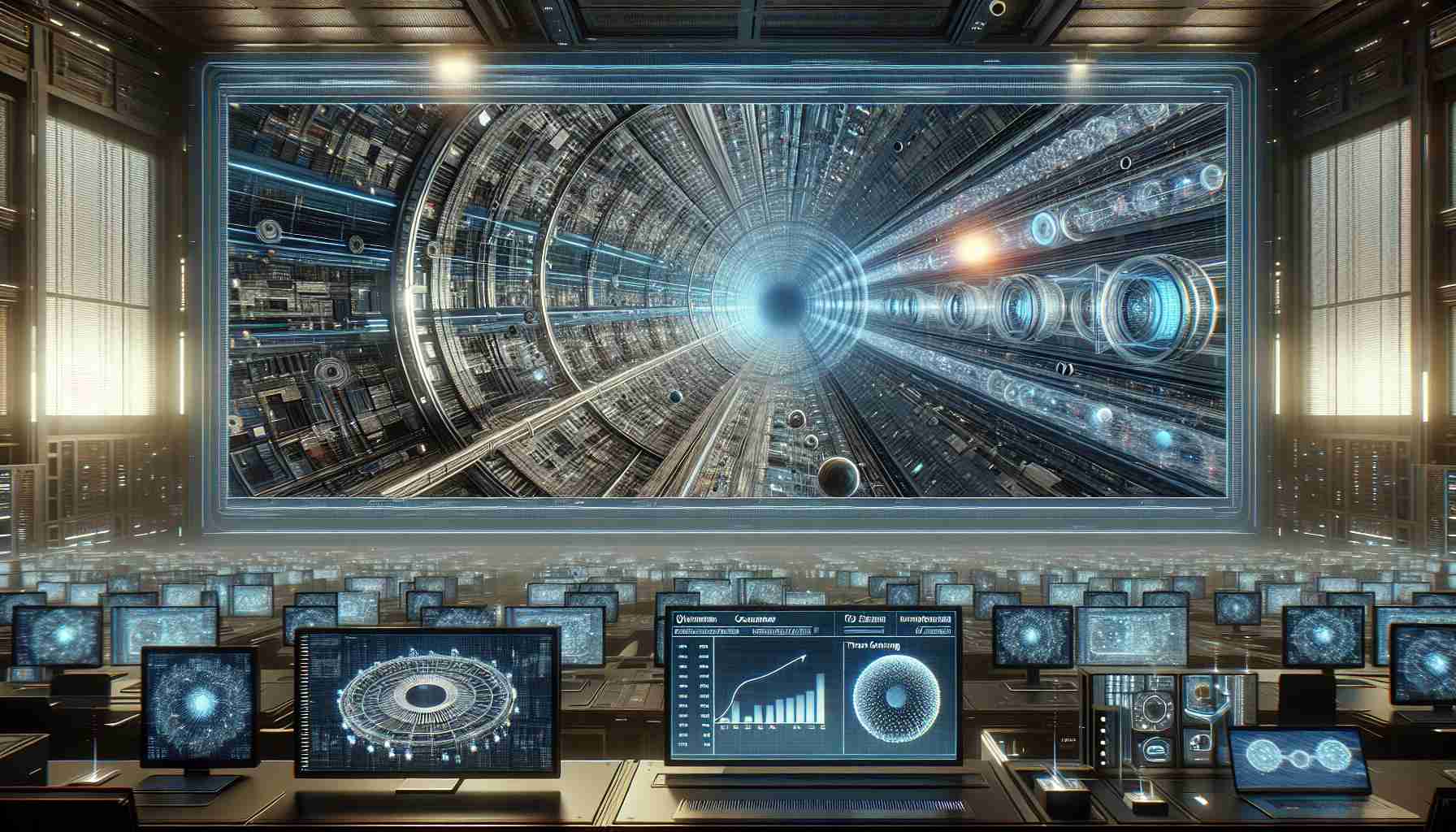A dramatic incident has emerged from a Reddit post shared in August, raising questions about the reliability of AI-generated content in niche publications. A user recounted a troubling event where their family fell severely ill after mistakenly consuming poisonous mushrooms, an ordeal attributed to inaccuracies in a mushroom identification guide received as a gift from their spouse. This particular guide, purchased from a prominent online retailer, promised visual aid for identifying edible fungi but contained misleading information regarding the safety of certain species.
Upon investigation, the user discovered that the images within the guide were generated by artificial intelligence. The text displayed peculiar inconsistencies, with sentences abruptly cut off and irrelevant comments seemingly inserted. For instance, one segment suggested that a particular mushroom could be enjoyed during summer months yet ended with a disjointed offer of assistance.
While the user opted not to disclose the book’s title or seller, concerns linger about how AI-generated materials have penetrated market platforms. Retail giants like Amazon have recently implemented restrictions on publishing frequency due to the exponential rise of AI-created titles, highlighting a potential risk of deceiving consumers.
Past incidents, such as a fatal error in a Finnish mushroom guide that misidentified a toxic mushroom as safe, underscore the critical need for rigorous quality control in such instructional materials. The conversation surrounding AI’s role in literature continues to grow, stirring debate over trust and safety in self-published works.
Concern Over AI-Generated Mushroom Identification Guides: New Insights and Implications
The alarming incident involving AI-generated mushroom identification guides has sparked renewed discussions about the reliability and safety of using artificial intelligence in specialized domains. While the Reddit post highlighted a personal tragedy, it also opened the door to a broader analysis of how AI-generated content can impact public health and safety. As the use of AI in literature expands, understanding its implications becomes crucial.
Key Questions and Answers
1. What are the primary risks associated with AI-generated mushroom guides?
The greatest risk lies in misidentification of fungi, which can lead to serious health consequences, including poisoning or even death. AI algorithms may not adequately capture the nuances of mushroom identification, given that several species can look strikingly similar, and misleading images can exacerbate the issue.
2. How reliable is AI-generated content in comparison to expert-written materials?
AI-generated content is not inherently reliable. While AI can process large datasets quickly and efficiently, it lacks the contextual understanding and expertise that mycologists (fungi specialists) possess. Human experts are better at recognizing subtle variations in species that are critical for accurate identification.
3. What steps are online retailers taking to address the rise of AI-generated guides?
Some retailers, like Amazon, have begun implementing stricter quality control measures regarding publishing frequency and content verification. This includes reviewing submissions more critically and ensuring that adequate disclaimers are provided about the potential risks of using AI-generated information.
Key Challenges and Controversies
The integration of AI into mushroom identification guides raises numerous challenges. Firstly, the variability of AI output can cause a lack of accountability; there is often no clear author behind AI-generated content, making it difficult to trace responsibility for errors. Furthermore, the rapid proliferation of such guides complicates consumer choices, as users cannot easily differentiate between expert-authored and AI-generated materials.
Moreover, there is a pressing need for regulatory oversight in this domain. Current frameworks for publishing and content distribution do not adequately address the unique challenges posed by AI-generated content, leaving consumers vulnerable to misinformation.
Advantages and Disadvantages of AI-Generated Mushroom Guides
Advantages:
– Accessibility: AI can produce content quickly and make mushroom identification guides readily available to a broader audience.
– Cost-Effectiveness: Creating AI-generated guides can be less expensive than hiring expert authors, making resources more affordable.
– Speed of Updates: AI can continually learn and provide updated information quickly, potentially keeping the content fresh and relevant.
Disadvantages:
– Inaccuracy: The potential for grave errors due to misidentification can result in serious health risks for consumers.
– Lack of Expertise: AI lacks the ability to understand and interpret nuances in the identification process that a trained mycologist would successfully navigate.
– Erosion of Trust: Incidents of misinformation can undermine public trust in legitimate resources and experts in the field of mycology.
As the concerns surrounding AI-generated mushroom identification guides grow, it is essential for consumers to remain vigilant and seek out verified materials. Trustworthy sources should always be prioritized, and the importance of expert consultation cannot be understated.
For more information on reliable mushroom identification, consider visiting the Mycological Society’s official site, a resource dedicated to providing sound information on fungi and their safe handling.





















